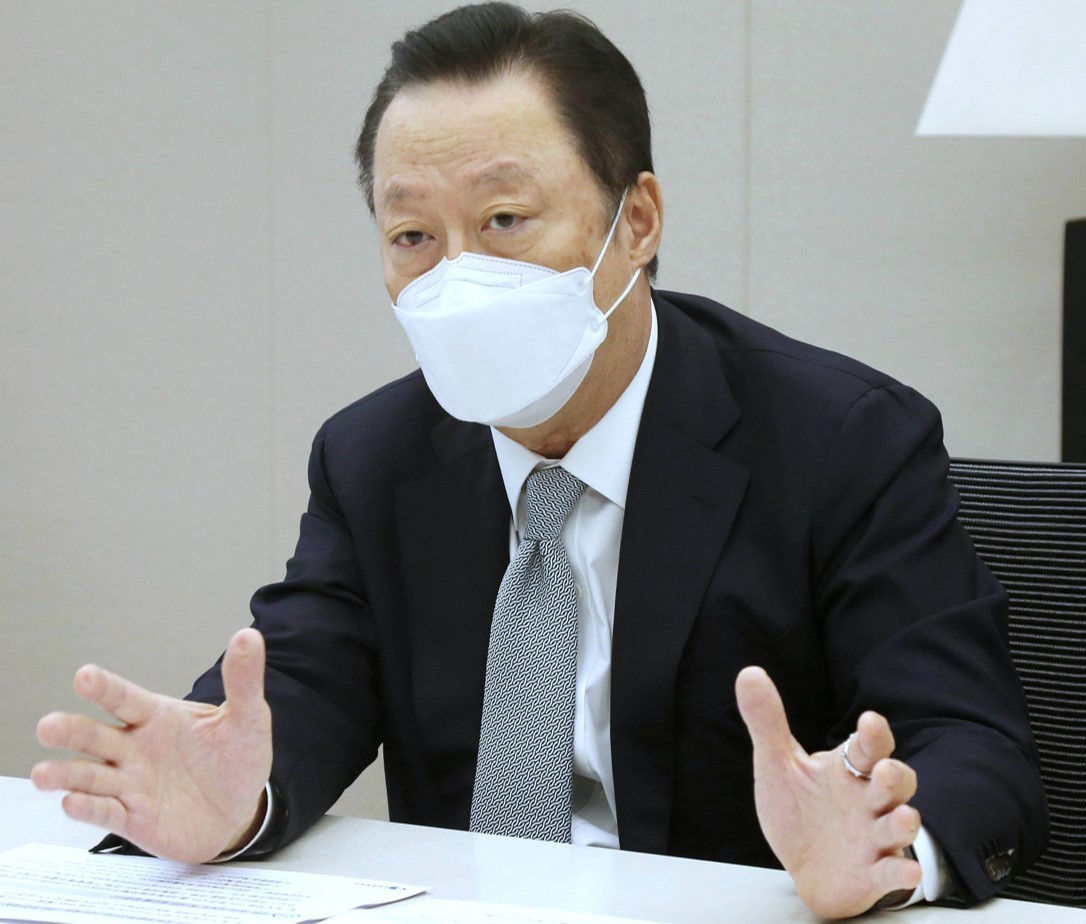KCCI calls for caution on 284 business bills
No. of revision bills proposed between June and Aug. jump by 40% on-year, posing great burden on businesses
By Shin Ji-hyePublished : Sept. 21, 2020 - 15:53

The Korea Chamber of Commerce and Industry, which represents South Korean businesses, has called on lawmakers to carefully discuss bills that may greatly affect corporate management.
The KCCI said Monday that it had submitted a report to the National Assembly containing its constituents’ opinions on major legislative issues.
According to the business association, citing its own survey, 284 bills were proposed in the three months from June to August following the opening of the 21st National Assembly, a 40 percent increase compared with the previous assembly.
The KCCI said the bills, including one to revise the Commercial and Fair Trade Act, would have a significant impact on corporate management, making companies increasingly anxious about the legislation.
At a press briefing Monday, KCCI Chairman Park Yong-maan said there should be more opportunities to review and discuss the adverse effects of the legislation and rational alternatives.
“I understand that the purpose of the law revision is to correct unfair trade and prevent major shareholders from abusing their power,” Park said.
“But there is a motive that causes it. If you ignore the motivation and interfere and regulate only the results, it will eventually create side effects.”
Park said issues, if possible, should be resolved through supervision based on market economy principles and there should be more discussion on the possibility of conflicts between the revised regulations.
In its report, the chamber of commerce demanded that a supplementary system be prepared for the separate selection of auditors.
The Assembly is now pushing for the separate election of an audit committee to ensure the independence of auditors. This is a system in which auditors are separately appointed instead of electing candidates selected by major shareholders. The combined voting rights of the controlling shareholders would also be restricted to less than 3 percent, thereby strengthening the authority of ordinary shareholders.
“By severely restricting the company’s right to defend itself, the Korean government and the National Assembly will open the door wide for overseas speculative funds to propose candidates for the audit committee and enter the board of directors,” the KCCI said.
To prevent that from happening, the chamber of commerce asked for the relaxation of the “3 percent rule” only when speculative funds try to enter the board of directors through shareholder proposals.
The KCCI also proposed an alternative to the expansion of regulations on internal transactions. As with the revised bill, the regulations would affect the holding companies – with a 72.7 percent stake on average -- suspected of unfair internal transactions. However, due to the characteristics of holding companies, internal transactions between companies belonging to holding firms are relatively high, the business association said.
The government has been encouraging the introduction of holding companies, but if it now regulates them uniformly, it could lead to distrust in government policies, it said.
The chamber of commerce suggested, “Exceptions should be made for transactions between companies belonging to holding firms.”
In addition, the KCCI expressed concern over limiting voting rights for affiliates shares held by public corporations to within 15 percent. It said this could even weaken the function of returning corporate profits to society.
The association suggested that a reliable institution regularly evaluate the activities of public corporations and exempt companies from regulation if they receive “appropriate” certification.
It also called for careful legislation on the Labor Union Act, which would allow laid-off and unemployed workers to join the union to ratify the International Labor Organization’s key pact.
As the proposed revision could deepen the imbalance in power between labor and management by focusing on strengthening labor rights, companies should also raise their right to defend themselves to the level of advanced countries, the KCCI said.
As a supplementary measure to the revision of the Labor Union Act, the chamber of commerce demanded that laid-off and unemployed workers be banned from entering the workplace in principle, a ban on all types of occupation strikes and the removal of a ban on alternative work in the event of a strike.
By Shin Ji-hye (shinjh@heraldcorp.com)

















![[KH Explains] Hyundai's full hybrid edge to pay off amid slow transition to pure EVs](http://res.heraldm.com/phpwas/restmb_idxmake.php?idx=652&simg=/content/image/2024/04/18/20240418050645_0.jpg&u=20240419100350)

![[Today’s K-pop] Zico drops snippet of collaboration with Jennie](http://res.heraldm.com/phpwas/restmb_idxmake.php?idx=642&simg=/content/image/2024/04/18/20240418050702_0.jpg&u=)